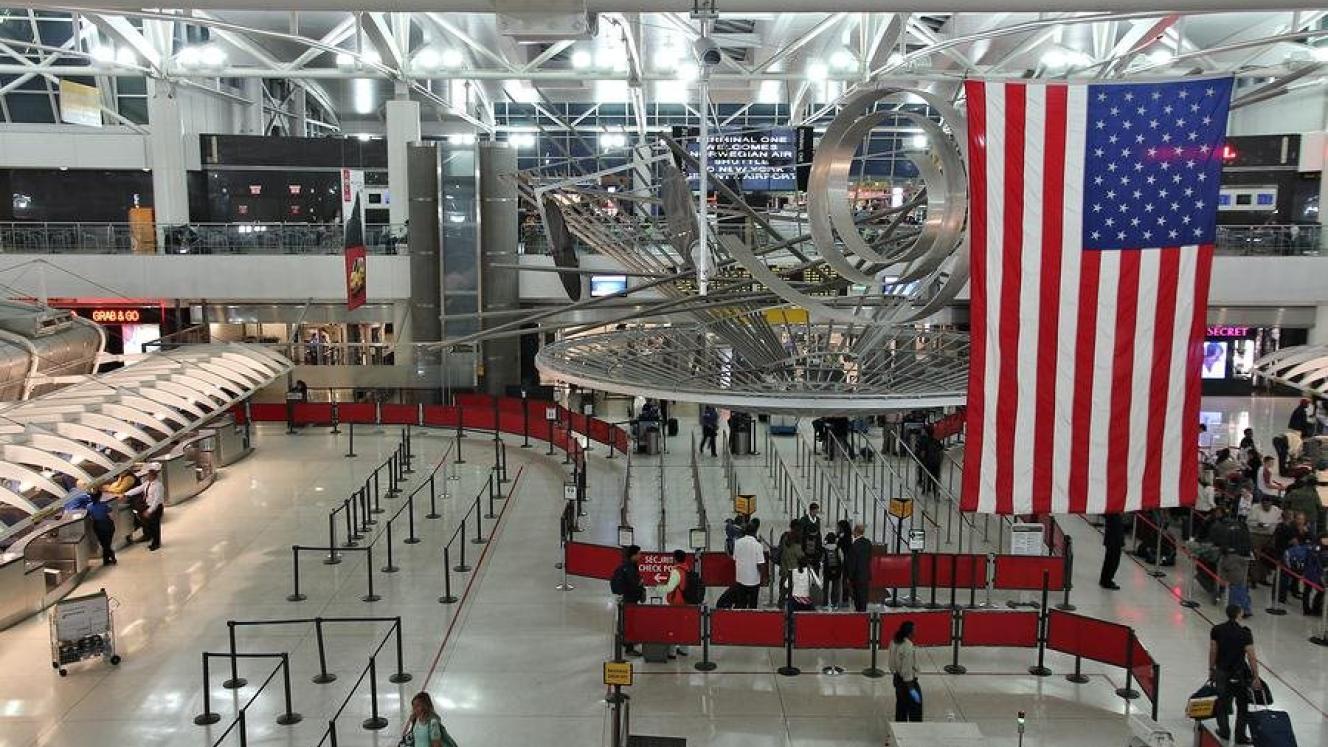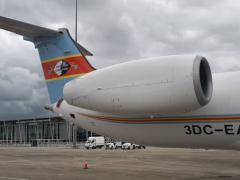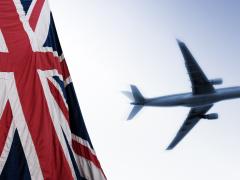The US government shutdown, which has impacted flights across the country, entered its 36th day on November 5, making it the longest shutdown on record. The previous longest-running shutdown took place in 2019 and lasted 35 days.
In a press conference on Tuesday (November 4), US Transportation Secretary Sean Duffy warned that some of the national airspace could close to air traffic if the shutdown extends for another week.
The shutdown, which began on October 1, has meant federal employees, including Transportation Security Administration (TSA) workers and air traffic controllers have had to work without pay. Some workers have started calling in sick due to financial hardship, leading to flight delays and cancellations across the country.
According to Reuters, more than 3,2 million passengers have been affected by flight delays or cancellations due to a spike in air traffic controller absences since the shutdown began.
The Federal Aviation Administration (FAA) has reported that 20-40% of controllers at the 30 largest airports are failing to report for duty, with nearly 80% of air traffic controllers absent at New York–area facilities. “When staffing shortages occur, the FAA will reduce the flow of air traffic to maintain safety. This may result in delays or cancellations,” the FAA said in a post on X.
Associations demand end to shutdown
Last week airline bosses and representatives attended a White House roundtable to discuss the impact on operations.
Airlines for America (A4A) called on Congress the reopen the government. “Airlines remain focused on preserving safety and trying to mitigate the operational impacts of this shutdown. We are expecting a record holiday travel season; however, if the shutdown continues, be prepared for more delays,” A4A said in a statement.
The US Travel Association estimates that the travel economy has lost nearly $5bln (R87,4bln) since the shutdown began. “A continued shutdown is likely to significantly suppress travel demand and spending, creating a real threat to workers, businesses and the overall economy,” the association said in a letter addressed to the US government.













